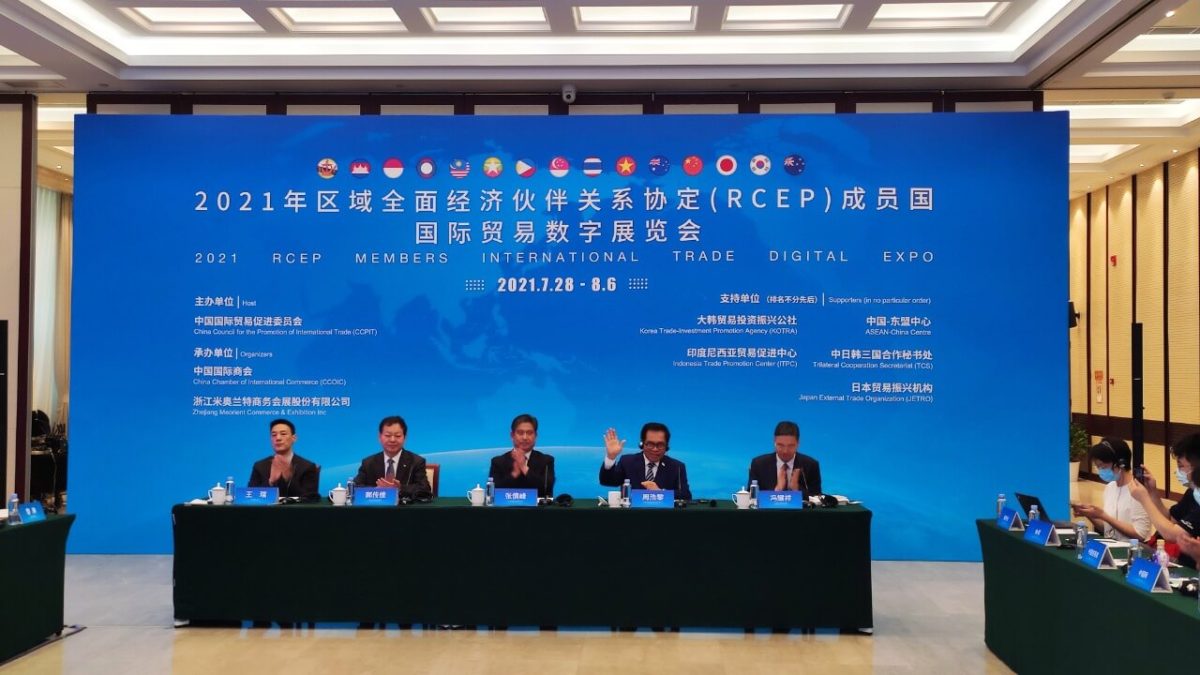The Regional Comprehensive Economic Partnership (“RCEP”) is the region’s largest free trade agreement outside of the World Trade Organization that engages 10 ASEAN countries and 5 non-ASEAN countries including China, New Zealand, Australia, Japan, and South Korea entered into force on 1 January 2022. The RCEP aims to ease trade barriers between the member countries. Some points that worth to note are, among others:
- the RCEP includes trade facilitation and transparency measures, eg, processes for approved exporters to submit origin declarations; transparency inside the import, export, and licensing processes; immediate customs clearance and accelerated clearance of express consignments; use of IT infrastructure to support customs operations; and trade facilitation measures for approved operators. Greater trade facilitation may be predicted between some nations as RCEP offers the opportunity to self-certify the origin of commodities through declaration of origin, which may not be accessible under specific agreements, eg, the ASEAN-China FTA;
- The RCEP aspires to decrease or eliminate customs tariffs levied by each member state on originating products by about 65 percent immediately, and the number is expected to rise to around 90 percent over 20 years. Businesses with supply chains comprising Japan, China, and South Korea, in particular, should be aware that the RCEP establishes a free trade connection between the three countries for the first time; and
- non – tariff measures on imports or exports between participating countries are forbidden in RCEP, unless they comply with the rights and obligations under the WTO Agreement or RCEP. Generally, quantitative limits imposed by quotas or licensing requirements will be removed.
Indonesia plans to ratify the RCEP as early as first quarter of 2022. Indonesia’s exports on rubber, steel, wood, food, chemical and mineral products are expected to grow. Indonesian businesses could expect to see many implementing regulations upon the ratification of the RCEP that will change the trade landscape between the RCEP member countries.

